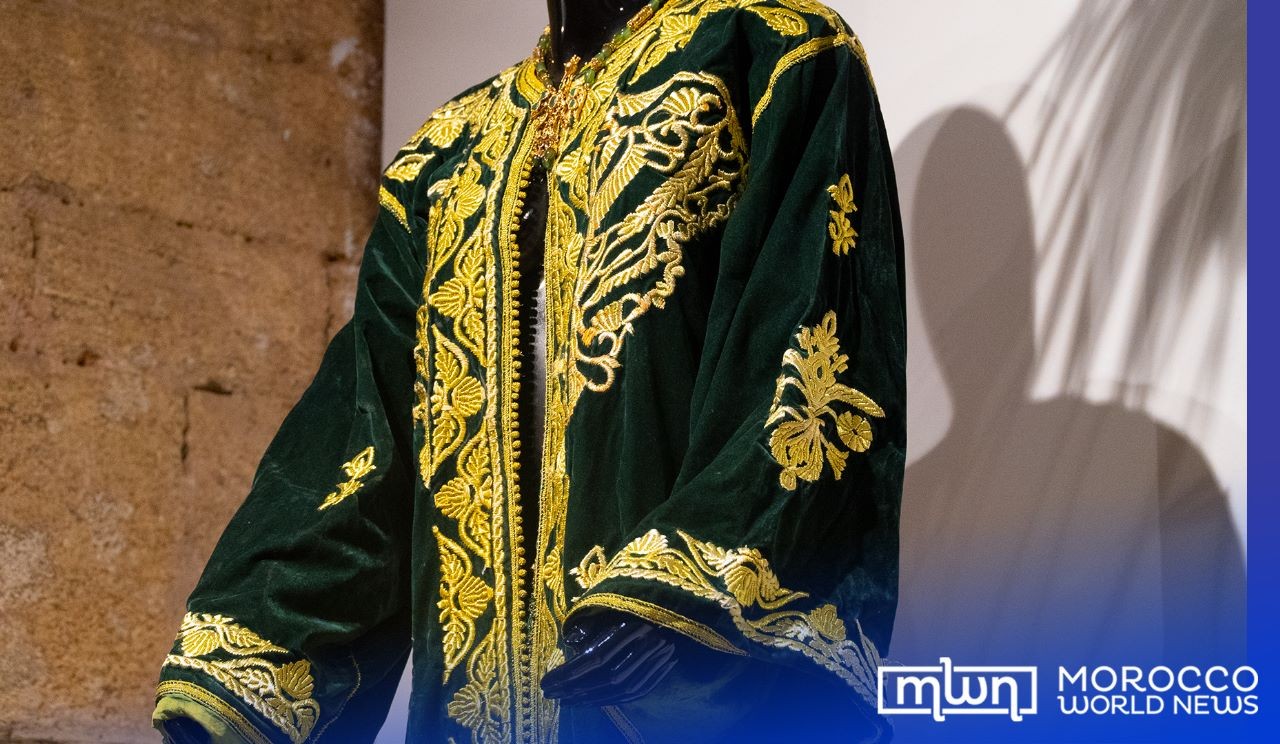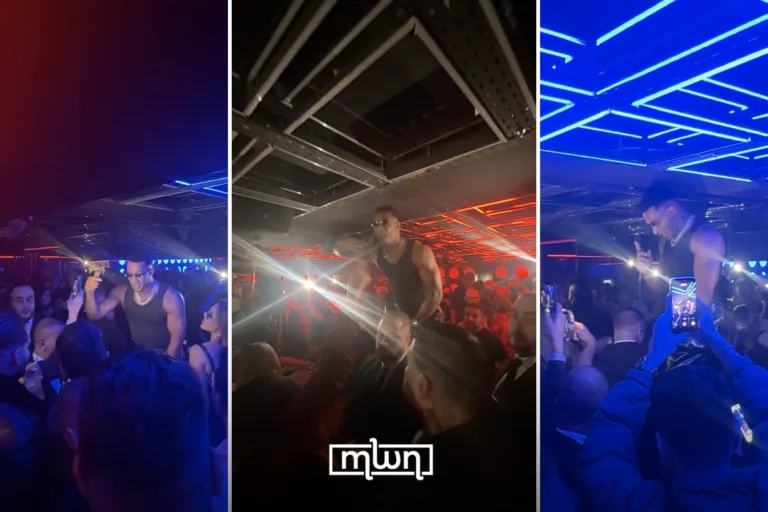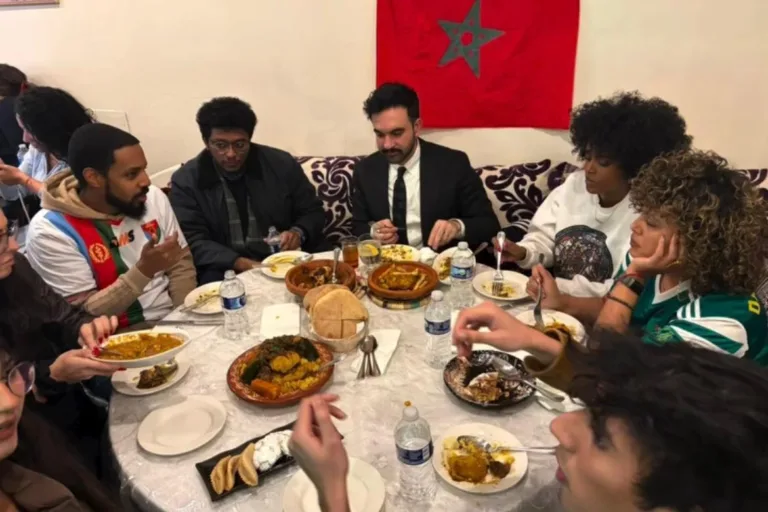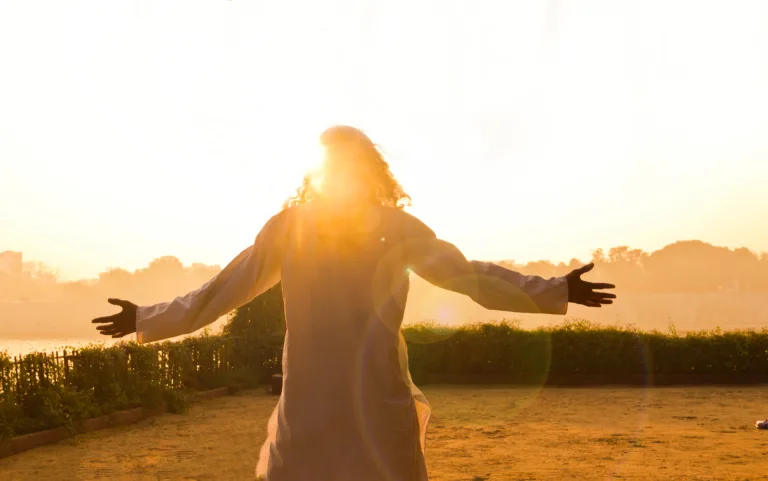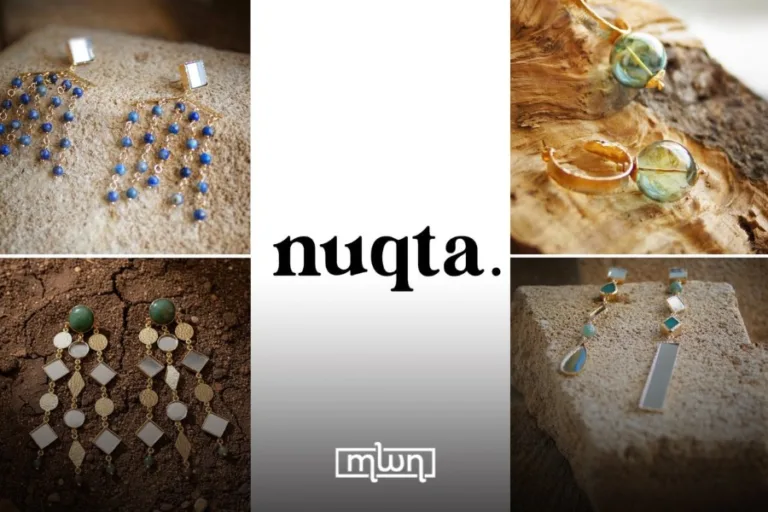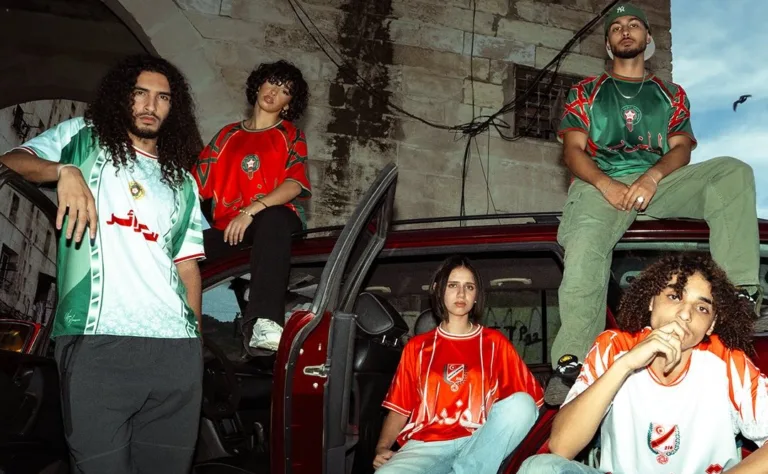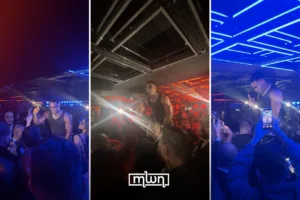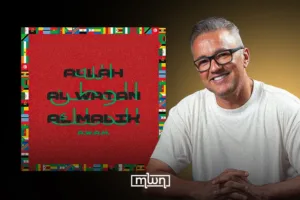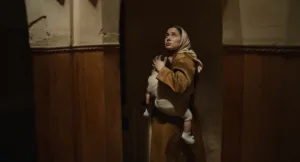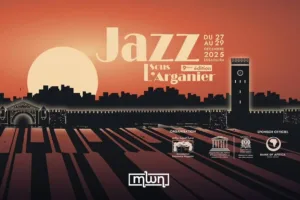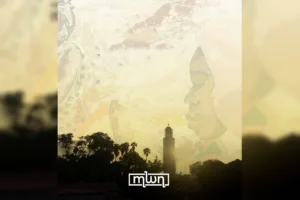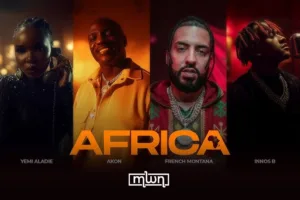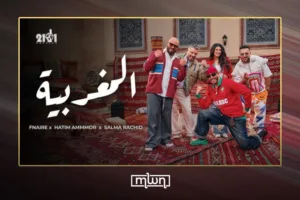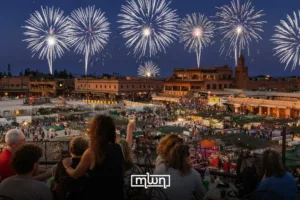As a member state of the Islamic World Educational, Scientific and Cultural Organization (ICESCO), which has just recognized the Moroccanness of the caftan, Algeria now finds itself in an unenviable position.
Having recently defied history by claiming the caftan, the Algerian regime now has to either eventually reject ICESCO’s declaration of the caftan as Moroccan, or ultimately repudiate its own history-defying claim that the caftan is actually part of Algerian cultural heritage.
A year ago this month, ICESCO approved 26 elements as part of Moroccan heritage, including customs associated with Morocco’s couscous, Morocco’s caftan, and Moroccan melhon music, among many others like culinary arts and Moroccan calligraphy.
The recognition saw Morocco top ICESCO’s heritage lists, with the kingdom being associated with 46 heritage inscriptions when other member countries of the regional organization only have a few dozen heritage inscriptions to their names. Specifically, Tunisia had 17 as of 2022, Oman boasted 15 as of 2022, Mauritania had 18 as of 2022), and Libya counted 22 as of 2022), among others.
Despite being aware of ICESCO’s listing of caftan as part of Moroccan cultural heritage, Algeria has continued to challenge Morocco’s cultural heritage through hostile cultural appropriation maneuvers – including its latest move to inscribe Morocco’s caftan among its cultural repertoire.
In April, and in defiance of its previous recognition of the Moroccanness of the caftan as an ICESCO member, Algeria submitted to UNESCO a request to add the caftan to its intangible heritage list.
Tellingly, the Algerian UNESCO request file includes a picture of Morocco’s caftan netaa, a Fez originated type of Moroccan traditional dresses known for its velvet embroidered with gold threads.
The inclusion of Morocco’s caftan netaa in Algeira’s UNESCO request sparked concerns and frustration from Moroccans, many of whom took to social media to denounce the Algerian regime’s continuous, hostile appropriation of Moroccan culture and history.
Read also: Morocco Reportedly Files Complaint Against Algeria’s Appropriation of Caftan
Amid the heightened debate, a high-level official from the Ministry of Culture and Youth told MWN on Tuesday that the culture department emphasized Rabat’s firm position against cultural appropriation, stressing that the North African country will not tolerate such maneuvers.
The source added that the culture department had been in talks with Morocco’s representation at UNESCO to address Algeria’s attempt to appropriate the Moroccan caftan. Indeed, the source explained, Morocco’s UNESCO representative has already filed a complaint about Algeria’s fixation on Morocco’s culture and history. This means the Moroccan government has brought to UNESCO’s attention the Moroccanness of the caftan netaa depicted in the file Algeria recently submitted to the organization, the source explained.
“These steps are taken via the Ministry of Foreign Affairs and the Permanent Delegation of the Kingdom of Morocco to UNESCO after consultation with Mehdi Bensaid, Minister of Culture, and the Ambassador and delegate Permanent Representative of the Kingdom of Morocco to UNESCO, Samir Addahre,” the source detailed, stressing that UNESCO has an intergovernmental committee that evaluates such matters.
The source also addressed questions around the delay in Morocco’s submission of its application to inscribe caftan in its cultural heritage at UNESCO, explaining that the international organization only allows a country to register another item every two years.
In 2021, Morocco registered the Tbourida, a local equestrian art form dubbed fantasia, on UNESCO’s intangible heritage list. The country also used the two-year margin this year to inscribe Malhoun, a type of traditional music, to its cultural heritage this year.
As a result, Morocco has to wait until 2025 to add caftan into its UNESCO intangible heritage.
Read also: Moroccan Caftan Shines at UNESCO’s Prestigious African Week in Paris
In an interview with news outlet Le360, an authorized source from the ministry addressed the recurrent criticism of many frustrated Moroccans that the government is not doing enough to preserve Moroccan culture from appropriate attempts, reassuring citizens that Moroccan authorities are doing their utmost to preserve the country’s cultural heritage.
“Morocco for its part is playing its part by submitting an application for inscription and by defending its heritage. This was the case in the Adidas case, this is the case with caftan, and it will also be the case tomorrow in the context of other cases.
This is Morocco’s firm position,” added the anonymous ministry source.
For years, Morocco has had to grapple with cultural appropriation challenges from several countries – particularly Algeria, which has also sought to claim zellige, a type of mosaic tilework, as part of its heritage.
The situation appeared to reach a tipping point in November of last year, which was when the Algerian regime came out with the suggestion that zellige was part of Algeria’s history and cultural heritage.
This time around, even King Mohammed VI himself joined the chorus of Moroccan voices that dismissed and denounced
Algeria’s relentless attempts to claim Morocco’s history and rich cultural heritage as its own.
At a meeting with UNESCO’s General Director Audrey Azoulay in November 2022, the Moroccan monarch stressed Morocco’s determination and readiness to counter any attempts seeking to undermine its identity and intangible heritage.

